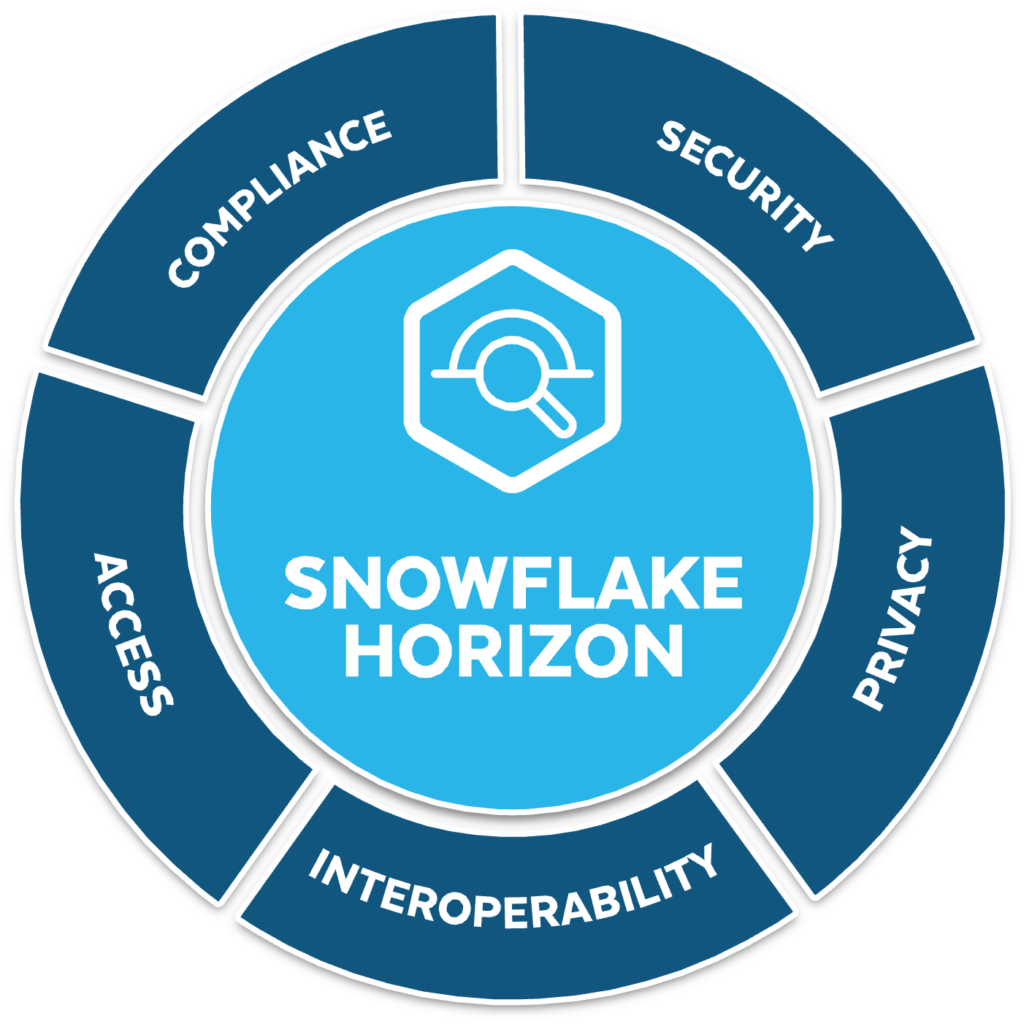Data Democratization is a term usually used to reference actions that seek to improve the transparency and accessibility of the data to average non-technical users within an organization. This process can enable users to work with data assets simply, regardless of their technical knowledge, and use it to improve decision-making processes.
This trend emerged as companies realized that data might hold valuable insights to several users but might lack the knowledge or training to effectively use the current tools to retrieve and analyze the data. Several methodologies are implemented to remove access barriers from data, defined as a mindset change within organizations to empower individuals with access to valuable data.
With the new data platforms, it is easier to share data, as well as analyze them. Companies can implement better data democratization strategies to put the data in the hands of users who are not tech-savvy. The main goal of these initiatives is to provide users within an organization access to valuable data with no barriers to access and interpretability. The benefit for companies is to establish data-driven teams that can improve the decision-making process through data to support decisions and overcome biases derived from the lack of information. These data-driven teams can also proactively flag situations that might involve incorrect data.
To apply data democratization strategies, companies and organizations tend to focus on using structured programs to provide broader access to the data, including protocols that ensure that users can effectively understand and utilize the data while keeping security standards and safeguards. These initiatives might also include breaking down information stored in master data silos into data marts which can, later on, be used securely by several teams.
Some of the benefits driven by data democratization are that it empowers individuals with data that improves their decision-making process, regardless of their technical know-how. Data democratization allows them to take ownership and responsibility of the data they manage and support their actions with facts. It also opens the possibilities to uncover new opportunities and insights thanks to having more perspectives of the data collected by the organization. The possible cons are security issues that might be derived from more data being shared through the organization and the risk of creating replicated data sets of data swamps, with little organization and control of the users’ data.
Learn more about data democratization in our complete guide.
Learn more about how Satori enables secure data democratization here.



